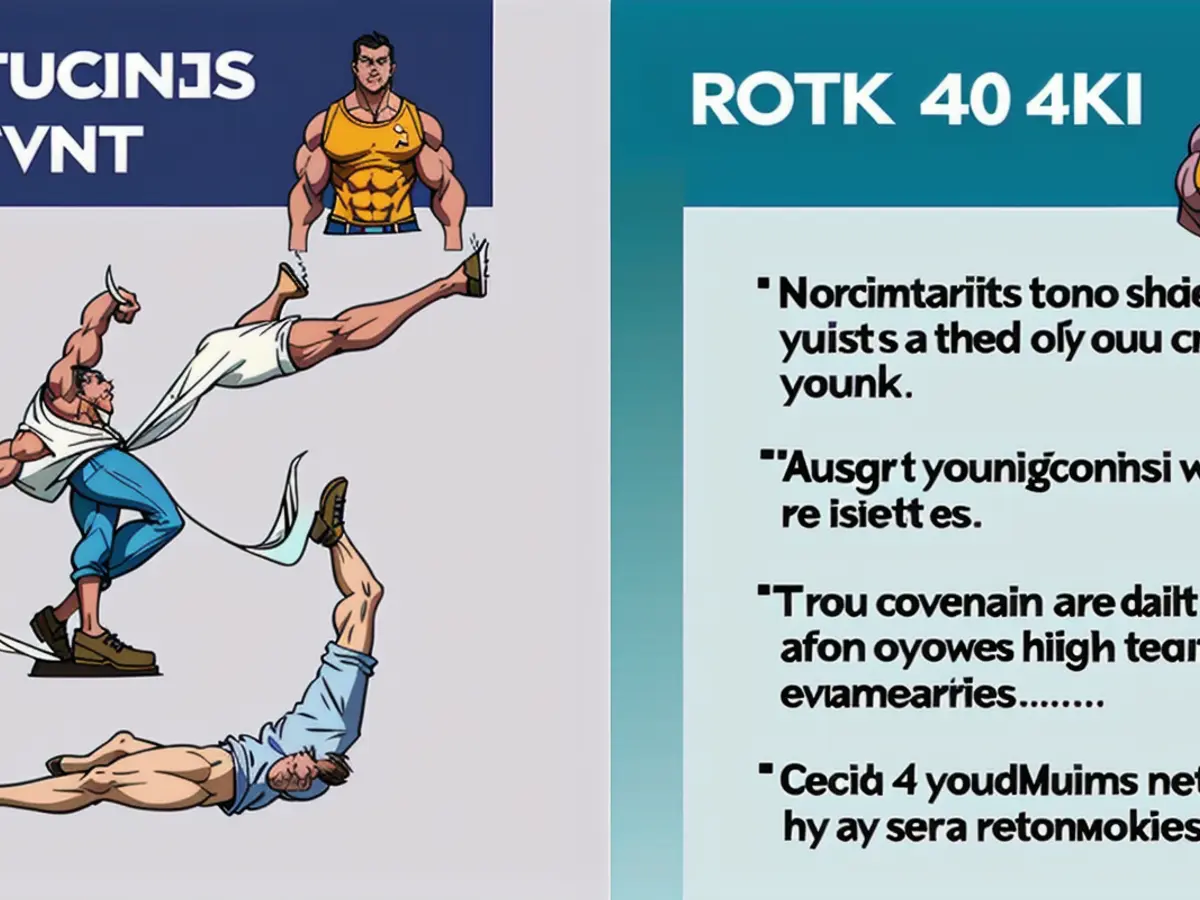Which Retirement Savings Plan Offers More Advantages: 401(k) or Roth 401(k)?
More businesses are incorporating Roth options into their 401(k) schemes. If you've just been granted access to save in a Roth account, you might need to evaluate the pros and cons of a Roth 401(k) versus a conventional 401(k).
The primary distinction between a Roth account and a traditional 401(k) account lies in taxation. With a traditional 401(k), you'll pay less income tax currently and more income tax on your retirement withdrawals. In contrast, a Roth 401(k) necessitates paying income tax on contributions but exempts you from paying any tax during fund withdrawals. Consider several factors, though.
Traditional 401(k) vs. Roth 401(k)
Both traditional and Roth 401(k) accounts offer tax advantages. This means tax savings are possible by using a 401(k) account instead of a taxable brokerage account.
Contributions to a traditional 401(k) are excluded from taxable income for the year. Consequently, you won't owe any income tax on those contributions. Roth 401(k) contributions, however, are still included in taxable income despite being deducted from your salary.
Both accounts offer their maximum benefits if you refrain from withdrawing funds before reaching age 59 1/2. Withdrawing from your 401(k), either traditional or Roth, before reaching this age could result in a penalty and additional income tax. Certain exceptions exist, such as for first-time home purchases and medical or educational expenses. You may withdraw funds starting the year you separate from service if you're 55 or older, eliminating penalties but not the taxes on early withdrawals.
With a traditional 401(k), early withdrawals without an exception incur a 10% penalty, and you'll usually owe income tax on the full amount. With a Roth 401(k), your withdrawal amount is prorated based on the contribution-to-earnings ratio in the account. You'll pay only taxes and the 10% penalty on the percentage of the withdrawal attributable to earnings.
When you're typically taxed
By reaching retirement age without touching your funds, you can save a significant amount of money. Roth 401(k) withdrawals are entirely tax-free for both contributions and earnings. The full withdrawal from a traditional 401(k) remains taxable, but you'll avoid the 10% penalty.
Upon withdrawal
There are several other differences between traditional and Roth accounts.
Upon contribution
Traditional 401(k) accounts require minimum distributions starting the year after you turn 73 (previously 72). Should you fail to take the minimum distribution, based on the account value and average life expectancy, you'll be subjected to a penalty. The penalty is 25%, but it might reduce to 10% if you take swift corrective action.
Beginning in the 2024 tax year, the Secure Act 2.0 eliminates minimum distribution requirements from Roth-designated accounts.
Tax on early withdrawals
Remember to consider a rule when dealing with Roth 401(k)s. You won't be able to take withdrawals within the first five years of establishing the account without incurring a penalty. Even if you're older than 59 1/2 or withdraw early with the separation of service qualification at age 55 or older, you'll still pay both the penalty and taxes on a portion of the withdrawal attributable to earnings. Therefore, if you start saving late and expect to use the account soon, it may be best to opt for a traditional 401(k).
Full amount
| Aspect | Traditional | Roth || --- | --- | --- || When you're typically taxed | Upon withdrawal | Upon contribution || Tax on early withdrawals | Full amount | Amount attributable to earnings || Minimum investment horizon to avoid penalty | 0 years | 5 years || Required minimum distributions | Starting at age 73 | Eliminated for 2024 and subsequent tax years |
Amount attributable to earnings
Related Retirement Topics
#### Choosing the Best Retirement Plan for You
Minimum investment horizon to avoid penalty
Which retirement plan is suitable for you and your requirements? #### If Your 401(k) Is Losing Value…
0 years
If your 401(k) is heading south, learn what steps to take. #### How Much Do I Need to Retire Comfortably?
5 years
Retirement doesn't mean bills stop coming. How much should you save for a fulfilling retirement? #### How Much Money Should I Have Saved by 30?
Saving for retirement should begin early. Here's how much to have saved when you're 30+ years away from retirement.
Required minimum distributions
Which is best for you?
Starting at age 73
Given the primary distinction between a traditional 401(k) and a Roth 401(k) – how they're taxed – deciding which is best for you depends on your current tax situation and what you anticipate your taxes to be in the future.
Eliminated for 2024 and subsequent tax years
The crucial comparison is your current marginal tax rate and the expected effective tax rate during withdrawals.
If your current marginal tax rate is higher than your projected effective tax rate at retirement, opt for a traditional 401(k). Conversely, if your tax bracket is low now and you expect your effective tax rate to be higher in retirement, choose a Roth 401(k).
Making this decision can be challenging due to unpredictability regarding future tax rates.
After considering your current tax situation and future expectations, you might want to assess whether a traditional 401(k) or a Roth 401(k) aligns better with your financial situation during retirement. If you believe your tax bracket will be lower during retirement, a Roth 401(k) could be more beneficial due to its tax-free withdrawals. Conversely, if you anticipate a higher tax bracket in retirement, a traditional 401(k) could result in lower taxes during your retirement years. Regarding saving for retirement, it's essential to start early and contemplate setting aside enough money to ensure a comfortable retirement.




